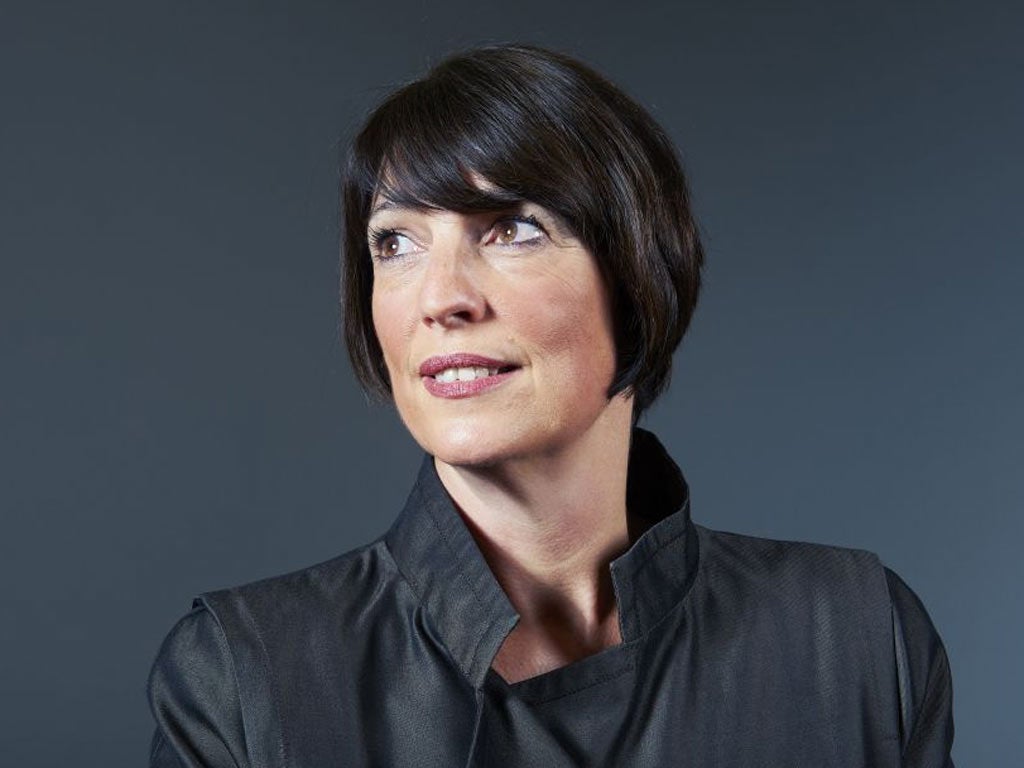Bitter airline rivals fly the same flag to fight tax rise
Osborne's plan to raise air passenger duty faces an unusually united front of opposition

In a temporary truce of the kind last seen on the First World War battlefields at Christmas 1914, the bosses of Britain's – and Ireland's – biggest airlines will today suspend hostilities as they form an unholy alliance against the Chancellor. At a press conference at the already besieged London Stock Exchange, the leaders of British Airways, Virgin Atlantic, easyJet and Ryanair will share a platform to lambast George Osborne's plans to raise air passenger duty.
The chief executives between them represent close to 200 million passengers a year. Michael O'Leary, the controversial boss of Ryanair, is normally never happier than when pouring scorn upon his opposite number at easyJet, Carolyn McCall. But they will put their differences aside to oppose an expected increase of up to 25 per cent in the tax levied on domestic and European flights.
In the last Budget, the tax remained unchanged, but with the proviso that there would be an above-inflation increase next year. The Government has hinted the tax will rise from £12 to £16, adding £32 to the price of a holiday for a family of four. Mr O'Leary and Ms McCall will say a tax rise will hit the UK regions particularly hard, as routes from airports outside London are often only marginally profitable and some could be axed as a consequence.
Long-haul passengers face far greater rises. At present, air passenger duty beyond Europe ranges from £60 for economy-class passengers to Egypt or Dubai, to £170 for business-class trips to destinations such as Singapore and Buenos Aires. While Steve Ridgway of Virgin Atlantic is normally to be found lambasting British Airways for what he sees as BA's entrenched unfair advantages, he will forge a short-term ceasefire with his nemesis, Willie Walsh – now chief executive of IAG, comprising BA and Iberia. They will argue that aviation is crucial to an island nation such as Britain, and point out that London is the airline capital of the world. They will say passengers already pay the highest air taxes in the world and that rises will deter tourists and business travellers from coming to the UK.
Coincidentally, the press conference will take place next to the Occupy London encampment in the precincts of St Paul's Cathedral. There are similarities: while the four airline chiefs will make plenty of noise and, no doubt, attract much attention, it is unlikely that their protests will have much effect.
There are likely to be some reforms of anomalies in the "banding" structure, which sees travellers to Barbados paying more than passengers going to Hawaii, nearly twice as far away. This is a consequence of basing the bands on the distance of the capital city from London.
The Government concedes this is a revenue-raising exercise, rather than a "green" tax, though executive jets will be included for the first time, which is expected to reduce slightly the number of business jets. But the Government's main intention is to plug the deficit, and ministers are unlikely to be moved by today's demonstration of solidarity between bitter rivals.
Subscribe to Independent Premium to bookmark this article
Want to bookmark your favourite articles and stories to read or reference later? Start your Independent Premium subscription today.

Join our commenting forum
Join thought-provoking conversations, follow other Independent readers and see their replies